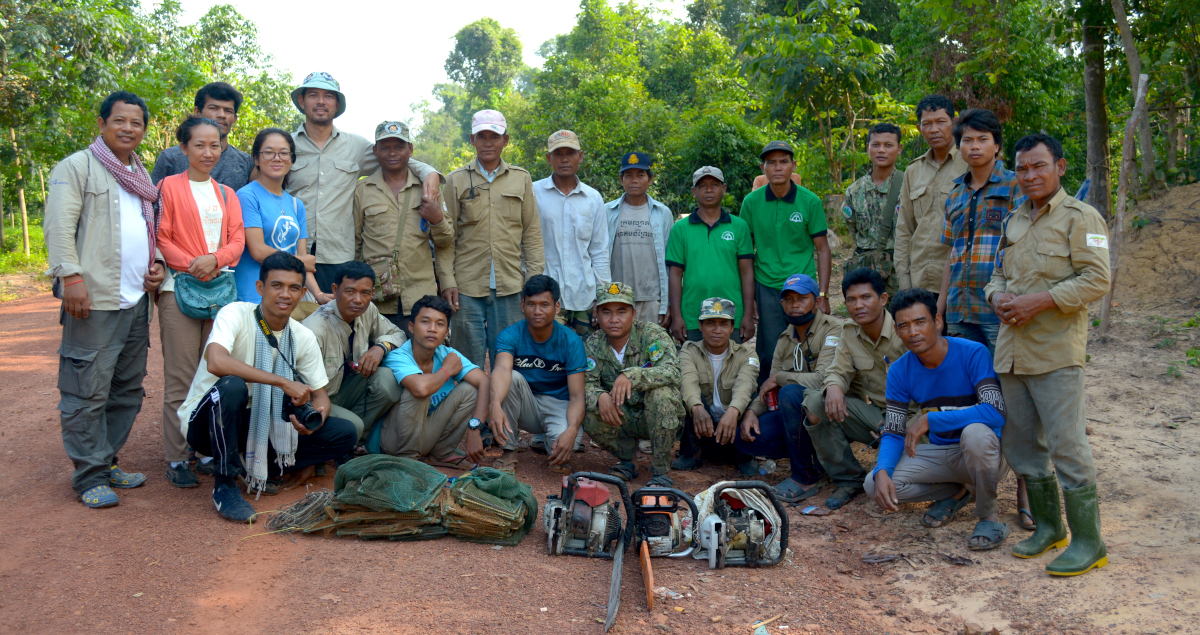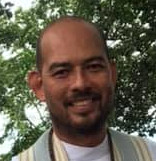
A few weeks ago, Fr Tony Moreno SJ was in Cambodia for two days to speak to us about the Universal Apostolic Preferences (UAPs) of the Society of Jesus, a call from God, a mission shared with the Church. It became clear from the beginning that the UAPs were not a simple list of things to be accomplished, not a checklist of ministries to see how much of what we are already doing fall under them. Instead, Fr Tony pointed to something deeper, emphasising the need for conversion of persons, communities, and institutions along the lines of the UAPs, and encouraged us to spend time in assimilating the preferences and not to rush too quickly towards implementing new projects or programmes.
However, the formulation of the UAPs does not exactly help in ushering us towards prioritising conversion and assimilation since they all begin with verbs: to show the way to God..; to walk with the poor..; to accompany young people..; and to collaborate in the care for our common home. At first glance, they seem to urge us on to immediate action. So perhaps it would help if we saw the UAPs more contemplatively, seeing the subjects of the UAPs, meaning, the poor, the youth, and God’s creation, (these reflections also apply to the first UAP but will be discussed later) not primarily as areas where solutions are needed, but as special places or wellsprings where we encounter God. And hopefully, as we deepen our awareness of God’s presence in the poor, in the young, and in creation, and personally experience God in those situations, then the love that swells in our hearts can lead us into appropriate action.
UAPs as wellsprings of encountering God
As a starting point, the poor, the young, and our common home are not problems to be solved, not numbers or statistics that need to be managed. The poor, the young, and our common home, are first and foremost, sacred, for among them and within their midst we hear and feel the presence of God.
I was in high school when my family took me snorkeling on an island in the Philippines. It was the first time for me to see live coral, in various colourful shapes and sizes, and fish of different species freely swimming amongst them. I was delighted and fascinated. But then as I swam deeper and deeper, I came across the edge of the reef and upon a steep drop-off, the bottom of which I could no longer see. The water temperature changed from warm to cold, and staring into the deep blue depths beneath my feet, I felt both fear and fascination, and a question welled up from within: “Does God live here?” Through this and similar experiences thereafter, I have learned to regard nature as a special place of encountering God, of feeling the sacred in the sea, the forests, the mountains, and in all of God’s creatures. I am certain that my experience is not uncommon, and many others have had similar encounters – experiences when their lives have intertwined with the joys and struggles of the poor and the young.
These same wellsprings are under attack
It also happens that in this age of social and economic exclusion, of different environmental crises, and other situations of injustice, the first and the worst to be affected are the poor, the young, and nature. In any culture or nation around the world today, those who are pushed by the powerful to the margins of society, those who are the most vulnerable and the least capable of protecting themselves are these same groups: the poor, the young, and nature.
In Cambodia, as in most other countries, those who command the least respect in society are those with physical disabilities, intellectual disabilities, refugees, prisoners, indigenous peoples, the poor, the homeless. They have very limited access to education and health services. And as Cambodia’s economy expands and grows, with cities getting bigger, now with more luxury cars and higher downtown buildings, so too does the social gap, leaving many of the poor behind.
All over the world, the same wellsprings where we encounter God are being threatened by political and social forces that are unjust and uncaring. Unsurprisingly, the poor, the young, and nature are the first to be under attack.
These wellsprings should flourish
Thus, we are called, not only to protect these wellsprings or the sources of our encounters with God, but to see to it that they grow and flourish! What does the Kingdom of God look like? It is when the poor receive justice, are respected and included; it is when the young are safe, educated, and listened to; it is when creation has her own space and is free to express her richness. When all peoples – regardless of race or religion, young or old – and non-human beings all come together united as one community, wouldn’t that be a blessed time, an assurance of God’s presence among us?
Therefore, the UAPs are calls for us to cherish each of these meeting places with God, to defend and protect them, and guided by the love in our hearts, to open up spaces for them to thrive and flourish. And perhaps by that time, we may well be on our way in implementing the UAPs.
 Filipino Jesuit Fr Gabriel Lamug-Nañawa is the Country Coordinator of Jesuit Service Cambodia.
Filipino Jesuit Fr Gabriel Lamug-Nañawa is the Country Coordinator of Jesuit Service Cambodia.

